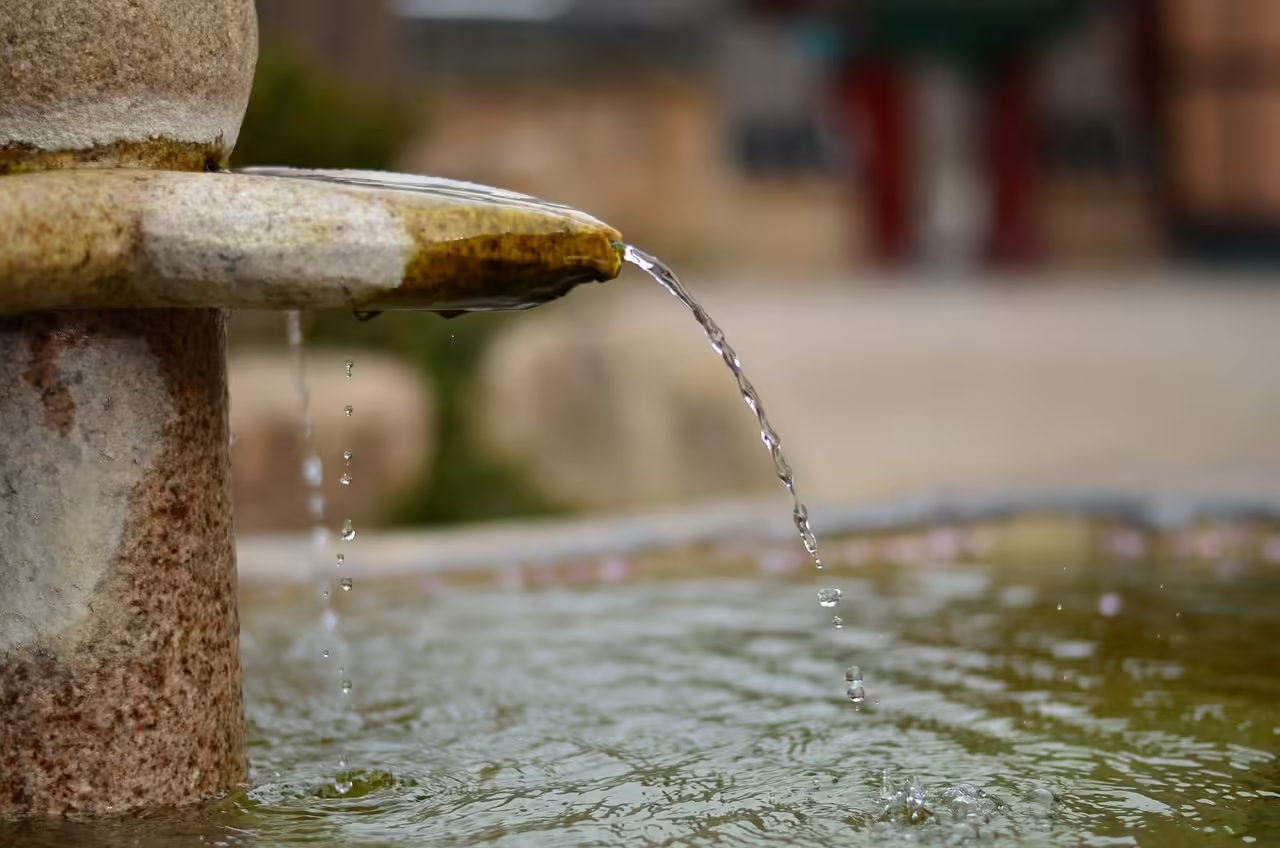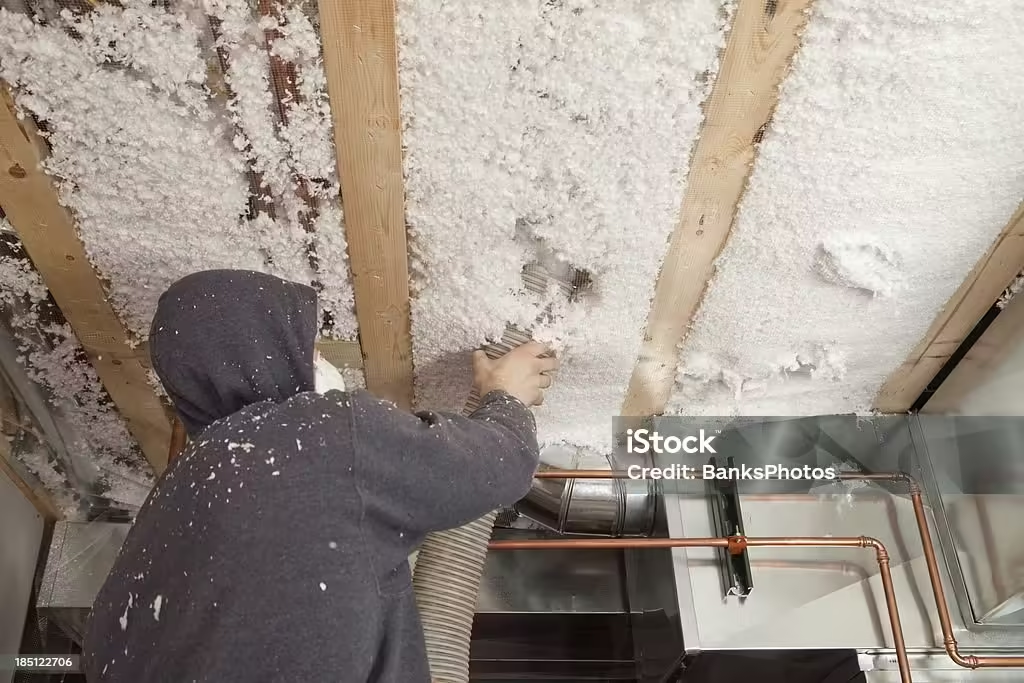Can a Neighbor Drain Water onto Your Property? Exploring Property Rights
• Start by initiating a friendly conversation with your neighbor to discuss the water drainage issue and express your concerns calmly and respectfully.
• Consider scheduling a joint site inspection with your neighbor to assess the drainage problem firsthand and explore potential solutions collaboratively.

By Rana Ali

Understanding Property Rights
Defining Property Boundaries
Property boundaries are legally designated lines that determine the extent of one’s ownership rights. These boundaries often extend vertically and horizontally, encompassing both surface and subsurface rights.
Riparian Rights vs. Prior Appropriation
Riparian rights grant landowners the privilege to use water flowing through or adjacent to their property, while prior appropriation prioritizes water usage based on first-come, first-served principles.
Legal Considerations
Drainage Easements
Drainage easements are legal agreements that permit the drainage of water across one property onto another. Understanding the scope and limitations of these easements is crucial in determining the legality of draining water onto a neighbor’s land.
Nuisance Laws
Nuisance laws protect property owners from activities that interfere with their use and enjoyment of their land. Discharging water onto a neighbor’s property may constitute a nuisance, subjecting the offender to legal consequences.
Impact on Property and Environment

Drainage Easements
Improper drainage can lead to erosion, soil degradation, and structural damage, adversely affecting the value and integrity of neighboring properties.
Environmental Consequences
Uncontrolled water runoff can contribute to pollution, habitat destruction, and ecosystem imbalance, posing significant threats to the environment and wildlife.
Seeking Resolution
Open Dialogue
Effective communication with the neighbor responsible for draining water onto your property is often the first step towards finding an amicable solution to the issue.
Legal Recourse
If informal negotiations fail, seeking legal recourse through mediation, arbitration, or litigation may be necessary to protect your property rights and seek compensation for damages.
Frequently Asked Questions (FAQs)
What are my rights if my neighbor is draining water onto my property?
If your neighbor’s actions are causing damage to your property, you have the right to seek legal remedies to stop the drainage and recover damages.
What evidence do I need to prove that my neighbor is draining water onto my property?
Documentation, such as photographs, video recordings, and witness statements, can serve as evidence to support your claim of water drainage.
Can I file a complaint with local authorities regarding my neighbor's drainage practices?
Yes, you can file a complaint with relevant authorities, such as the municipal planning department or environmental agency, to address water drainage issues.
Is it possible to resolve water drainage disputes without going to court?
Yes, mediation or arbitration can provide alternative dispute resolution methods to resolve water drainage disputes outside of court.
Conclusion
In conclusion, while property rights may grant certain privileges, they also come with responsibilities to respect the rights of neighboring landowners. Draining water onto a neighbor’s property can have serious legal and environmental implications, necessitating open communication, adherence to legal regulations, and, if needed, seeking legal recourse to resolve disputes.









